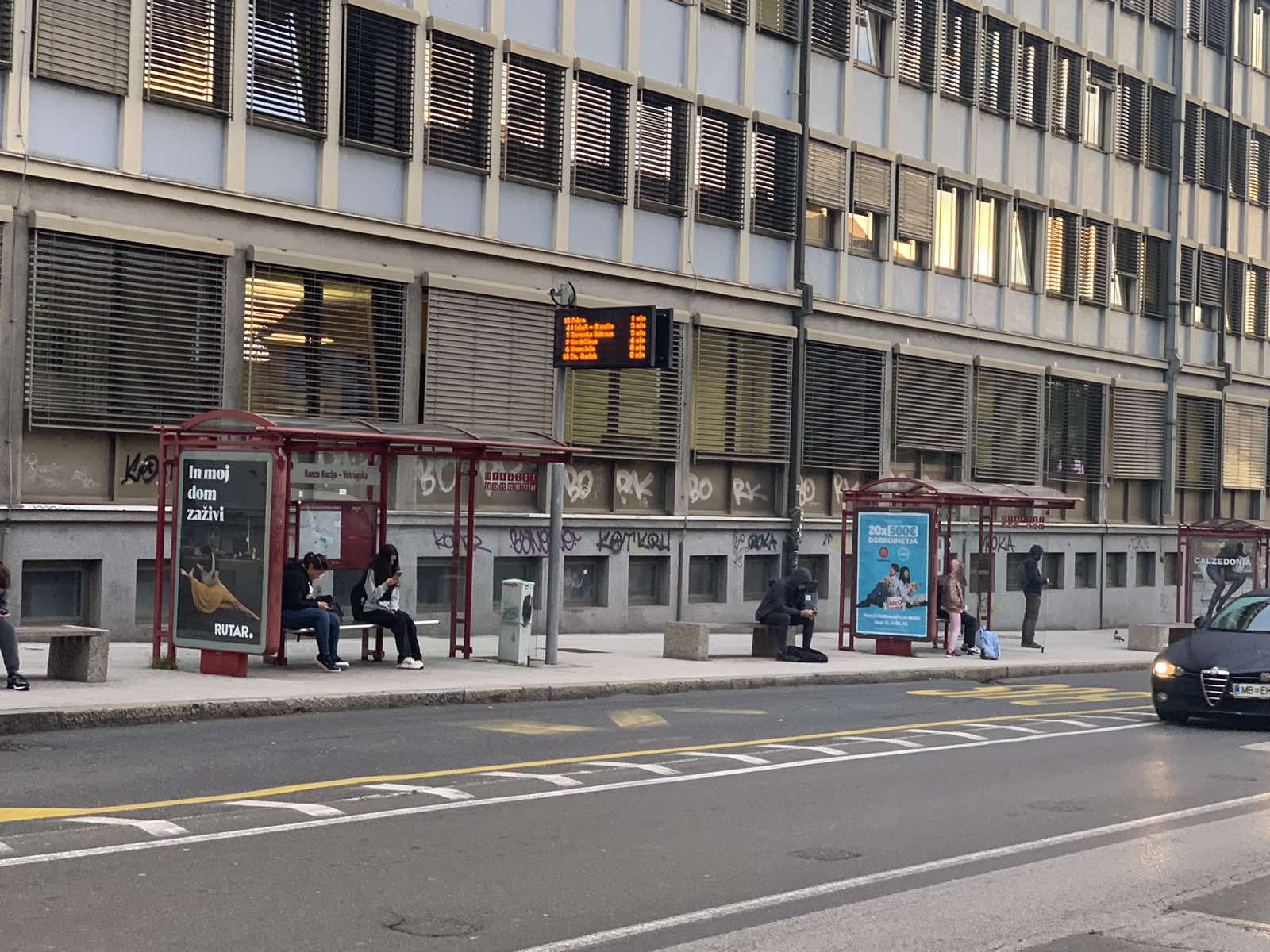The City of Maribor has already recognised the problem of climate change and is addressing it in the City’s Environmental Protection Programme for 2021-2030. In recent years, it has become increasingly clear that in addition to strategies and measures to mitigate climate change, there is also a need for measures to adapt to climate change. Climate change indicators for Maribor for the period 1951-2015 show, among other things, a marked increase in average annual temperatures and an increase in summer heat loads. The main risks associated with these changes are excessive heat stress on people and ecosystems, and the resulting negative health impacts. The problem isn’t just the short-term exposure to heat, but the lack of opportunity to cool down. Long-term lack of relief makes it harder for people to use their physical resilience and body composition to fight the effects of heat. Densely built-up urban areas are particularly problematic, with the so-called urban heat island effect adding to local temperatures. Bus stops and pavements expose people to extreme heat. Shade helps provide some relief, but it’s often lacking in public spaces. Among such public places are also bus stops where there is currently almost no shade from the sun. As part of the MISSION CE CLIMATE pilot, we will develop, implement and test nature-based solutions in the field of combating urban heat islands at selected bus stops. This will help to reduce the heat island effect at selected locations. With the pilot action, we will influence the well-being of citizens using public transport, especially vulnerable groups (children, young and elderly) who are the most frequent users. By measuring temperature and air quality, various data will be processed and published as open data. This activity will increase citizens’ awareness of environmental issues and promote stakeholder engagement. Pilot activities will start in 2024 and continue until the end of 2025.
Manage Cookie Consent
To provide the best experiences, we use technologies like cookies to store and/or access device information. Consenting to these technologies will allow us to process data such as browsing behavior or unique IDs on this site. Not consenting or withdrawing consent, may adversely affect certain features and functions.
Functional Always active
The technical storage or access is strictly necessary for the legitimate purpose of enabling the use of a specific service explicitly requested by the subscriber or user, or for the sole purpose of carrying out the transmission of a communication over an electronic communications network.
Preferences
The technical storage or access is necessary for the legitimate purpose of storing preferences that are not requested by the subscriber or user.
Statistics
The technical storage or access that is used exclusively for statistical purposes.
The technical storage or access that is used exclusively for anonymous statistical purposes. Without a subpoena, voluntary compliance on the part of your Internet Service Provider, or additional records from a third party, information stored or retrieved for this purpose alone cannot usually be used to identify you.
Marketing
The technical storage or access is required to create user profiles to send advertising, or to track the user on a website or across several websites for similar marketing purposes.
